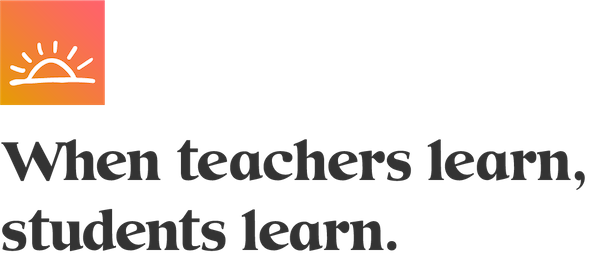Each time a plane departs, directions are given to the passengers on board. We're told where the exits are, that the seats work as flotation devices, and that if oxygen masks appear, we are to take care of ourselves first. The flight attendant says, "If you are traveling with a child or someone who requires assistance, secure your mask first, and then assist the other person."
We take care of ourselves first so that we can help others. That is a powerful concept and one that rings true in many situations. Think of how that rule applies to other professions. A firefighter puts on protective gear and oxygen before entering a burning building to rescue civilians. A doctor or nurse washes their hands before touching a patient in order to prevent further disease. A police officer wears protective clothing, carries necessary tools, and uses communication technology before approaching an unknown vehicle or scene. These protocols are in place for a reason—a person who is hurt or unable to function is not going to be able to help someone who requires assistance. Makes perfect sense.
Now let's look at the teaching profession. Does anyone require assistance from us? Absolutely! Students, parents, and colleagues all need us! So naturally, if we apply the airplane mask rule, we must take care of ourselves first so that we can help others. But this isn't common practice for teachers. We often burn both ends of the candle to make sure our students have everything they need and are getting the most from us. We come in early, work through recess, take a 10-minute lunch, forgo bathroom breaks, and stay after school when necessary. We celebrate the positives, shoulder the negatives, and don't give up—because we believe so strongly in those around us.
That is why it is so important for teachers to join the list of professionals who put the oxygen mask on first. If we do that, we will be better equipped to help our students, and the rewards will be great.
How can we do this when the demands of each day are so intense? We can start by collaborating with colleagues. This provides an outlet for emotions and negates the feeling of being alone, leaving us feeling supported in the work we do. Sharing books, brain breaks, behavior strategies, stress reducers, stories, jokes, tips, hacks, and experiences—all of those will provide us with a breath of fresh air so that we can jump in and help those who need us.
This article might be missing links that were included at the time of publication.

